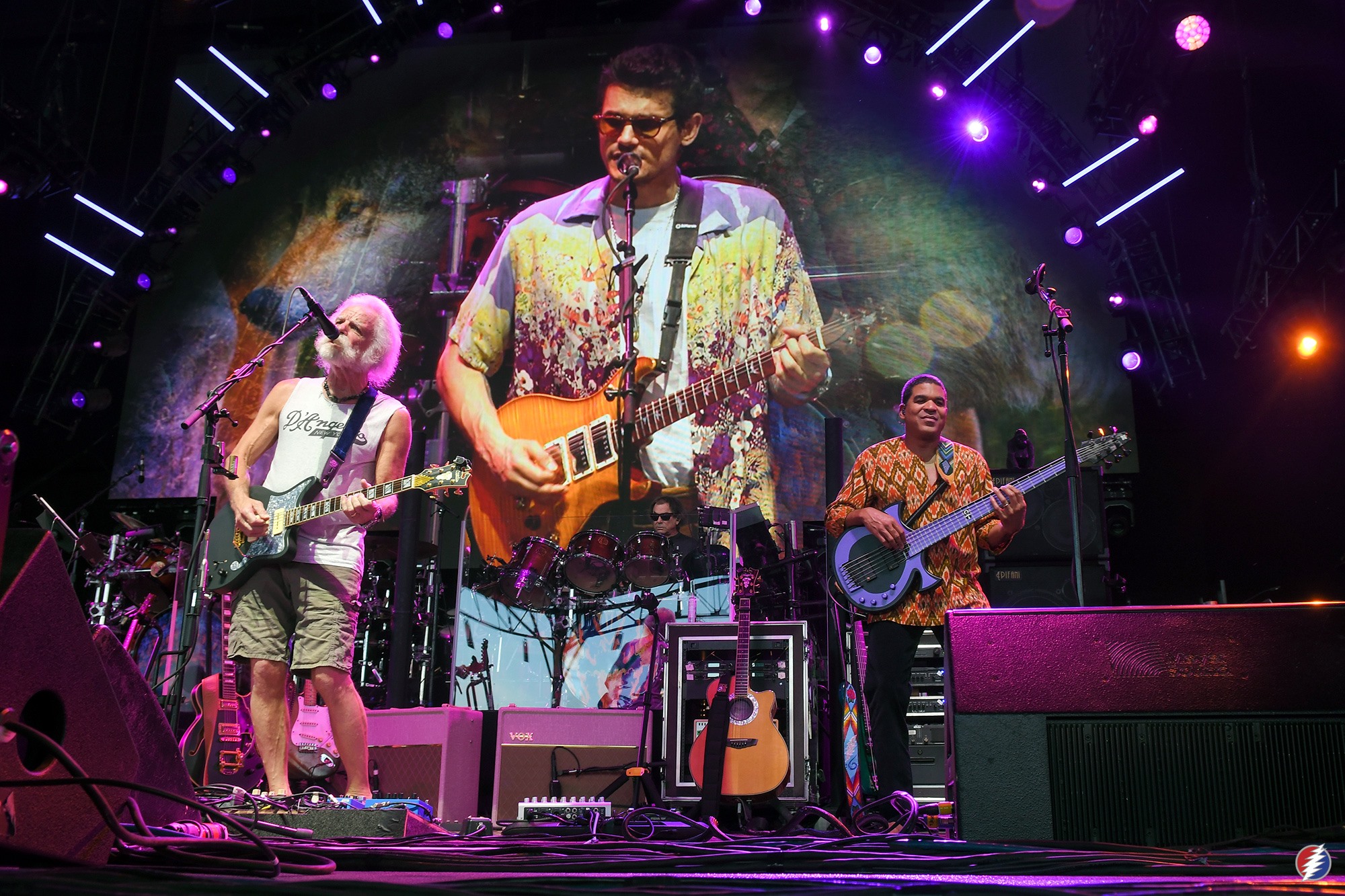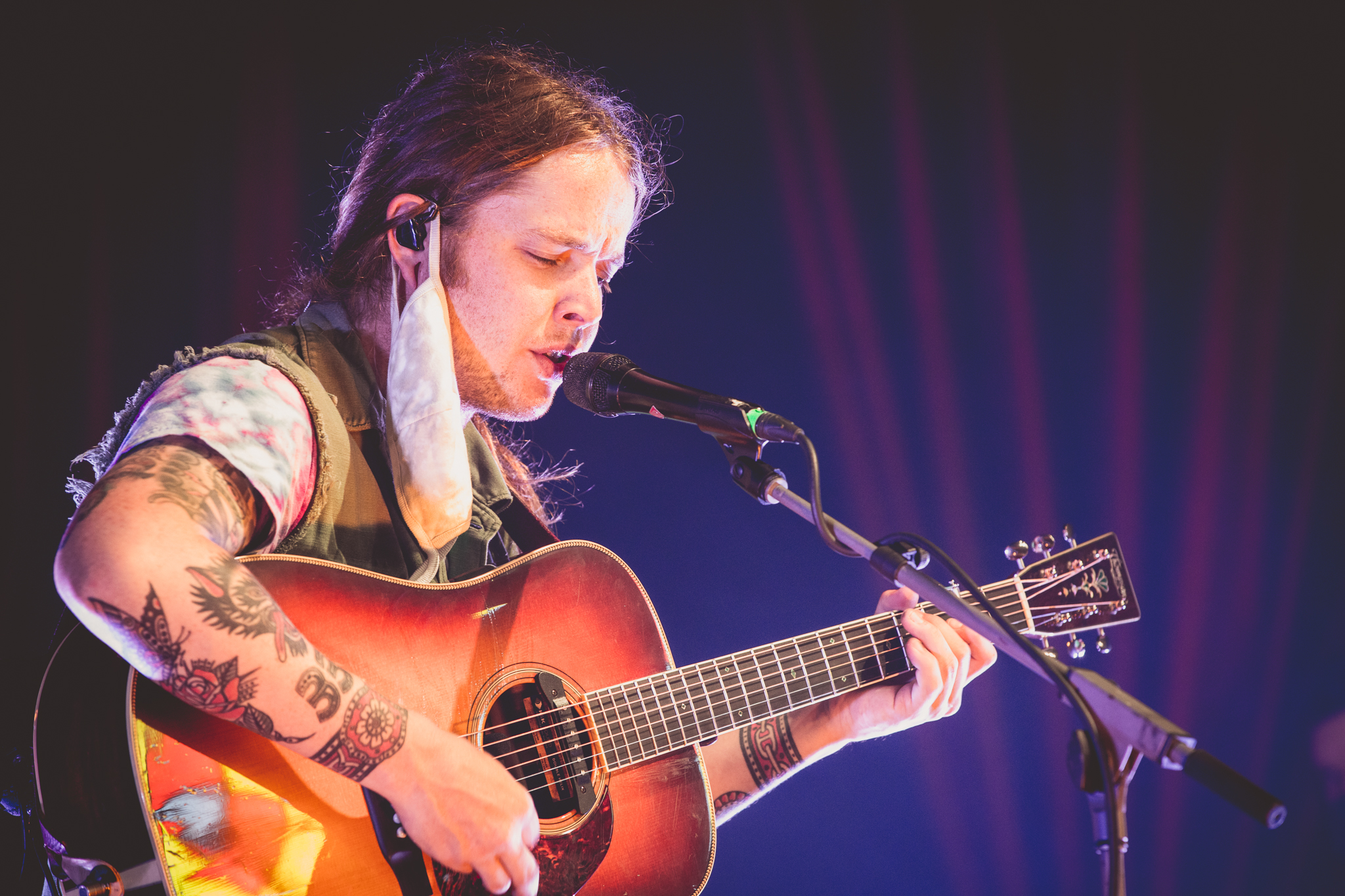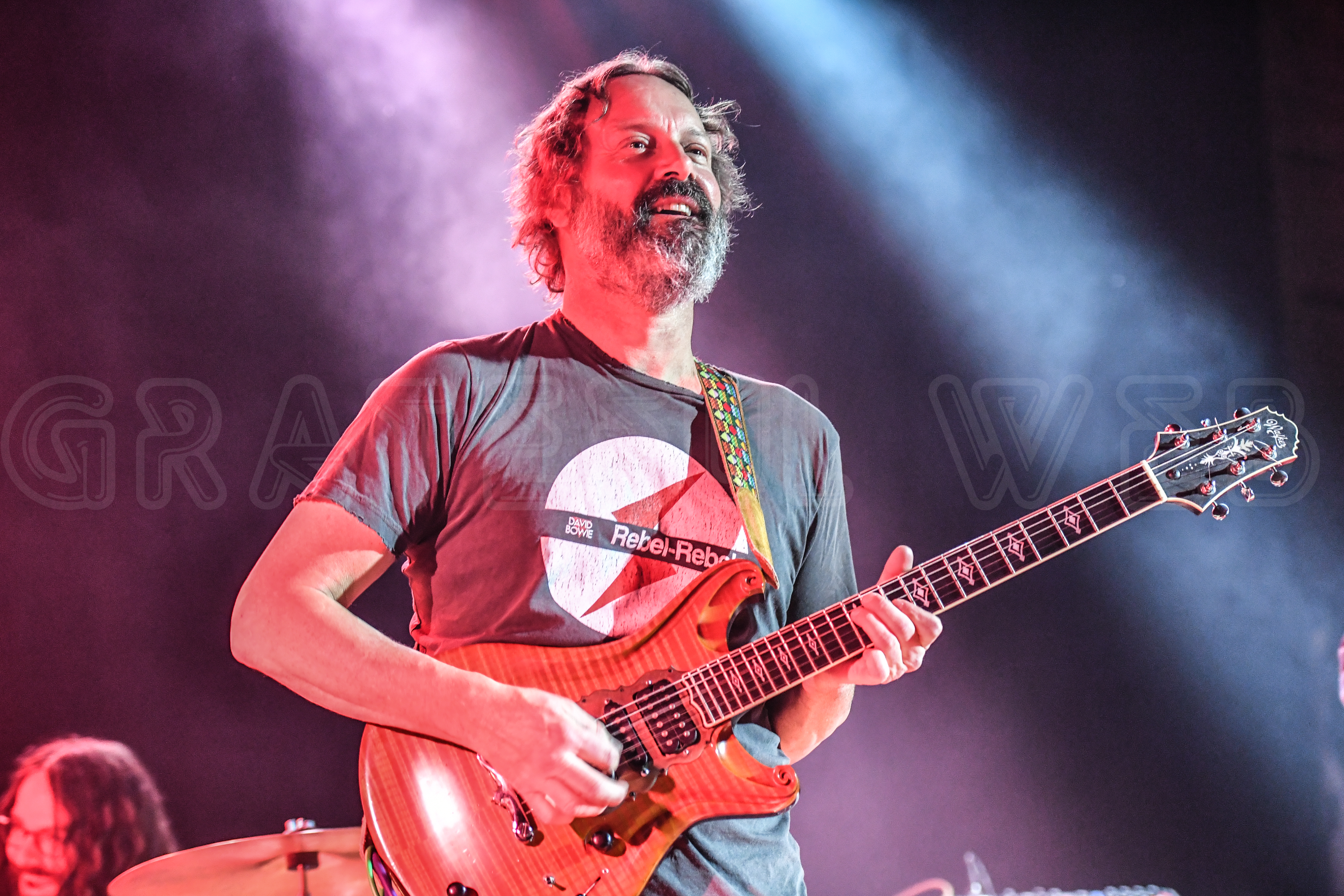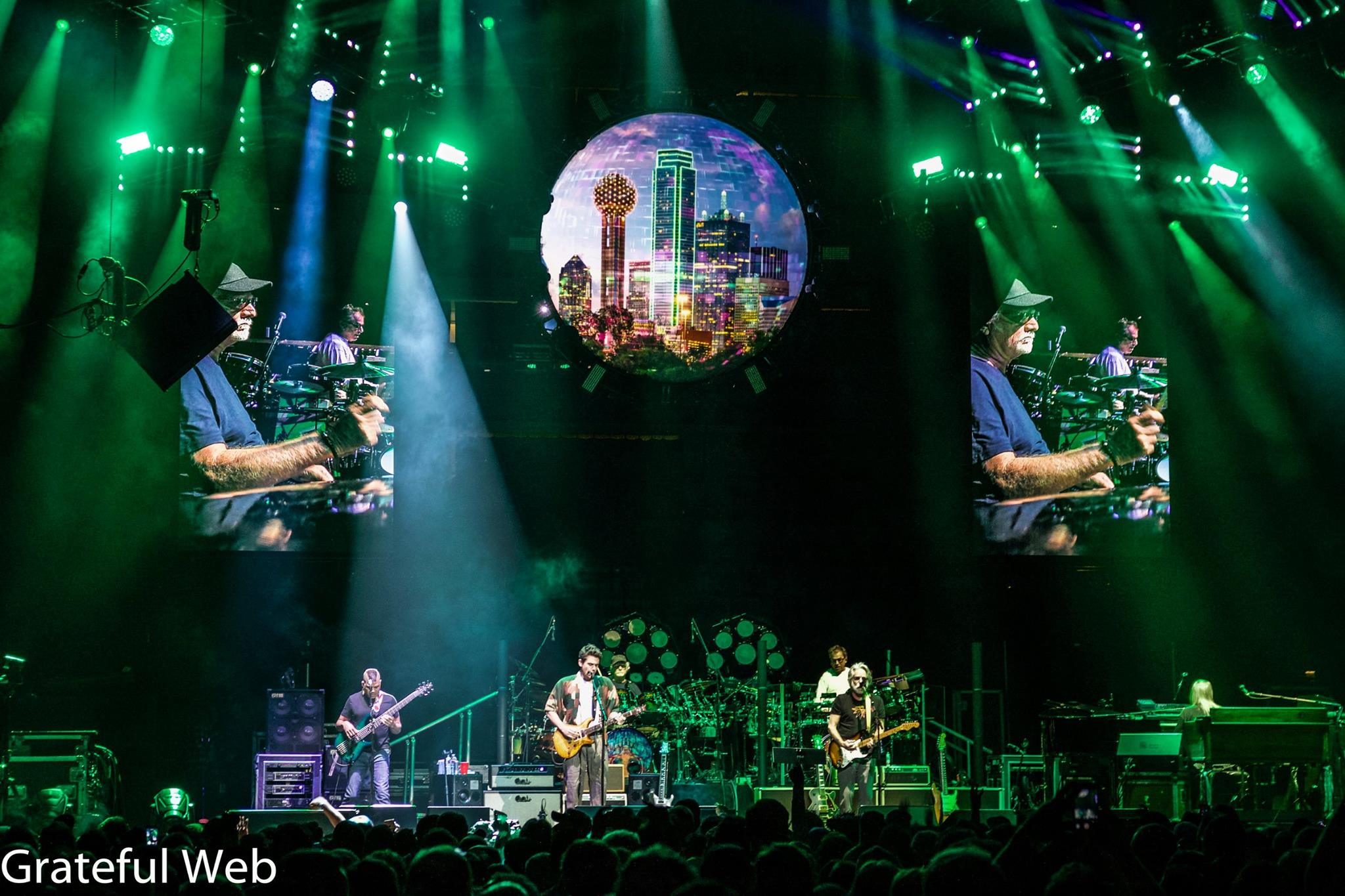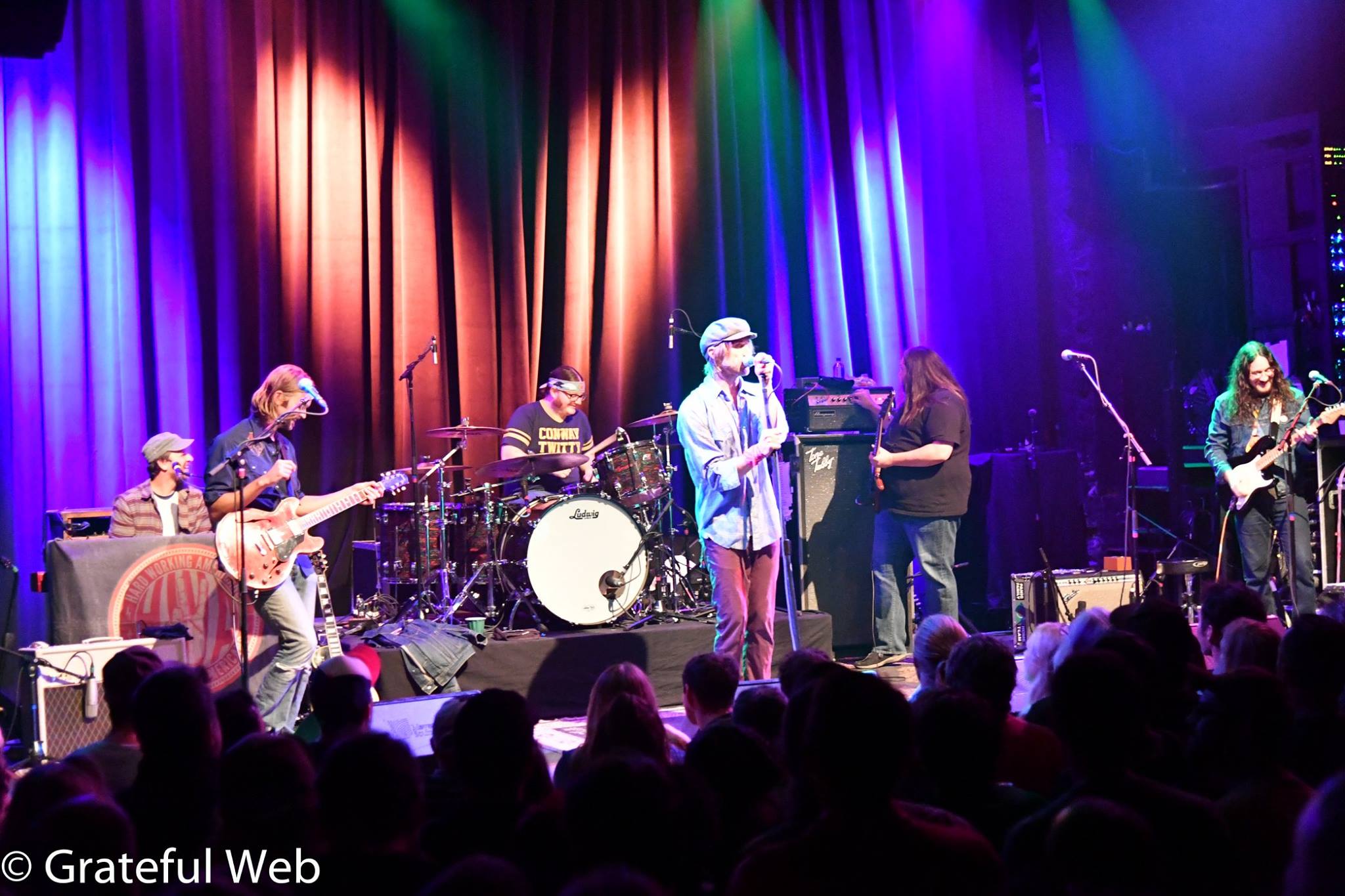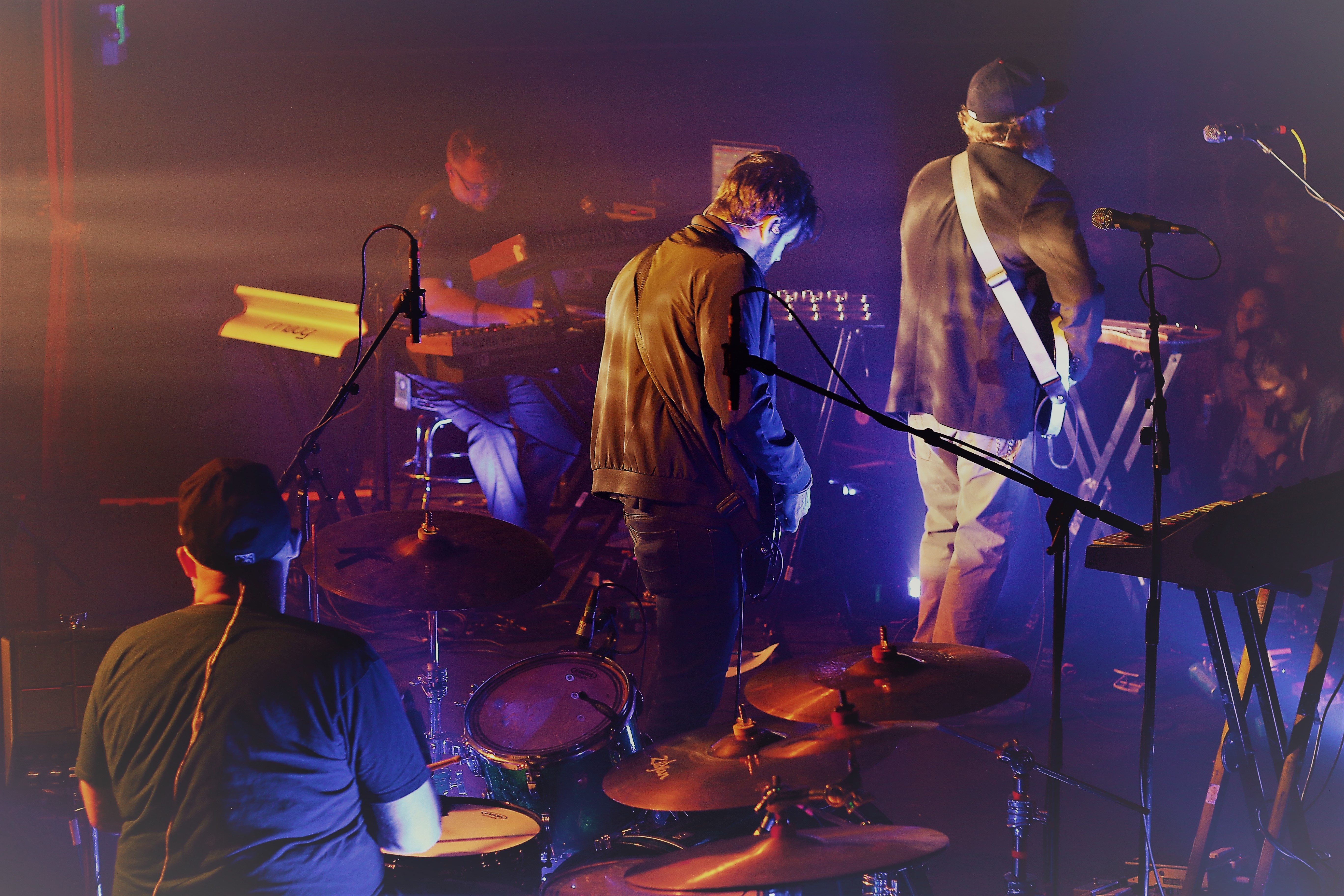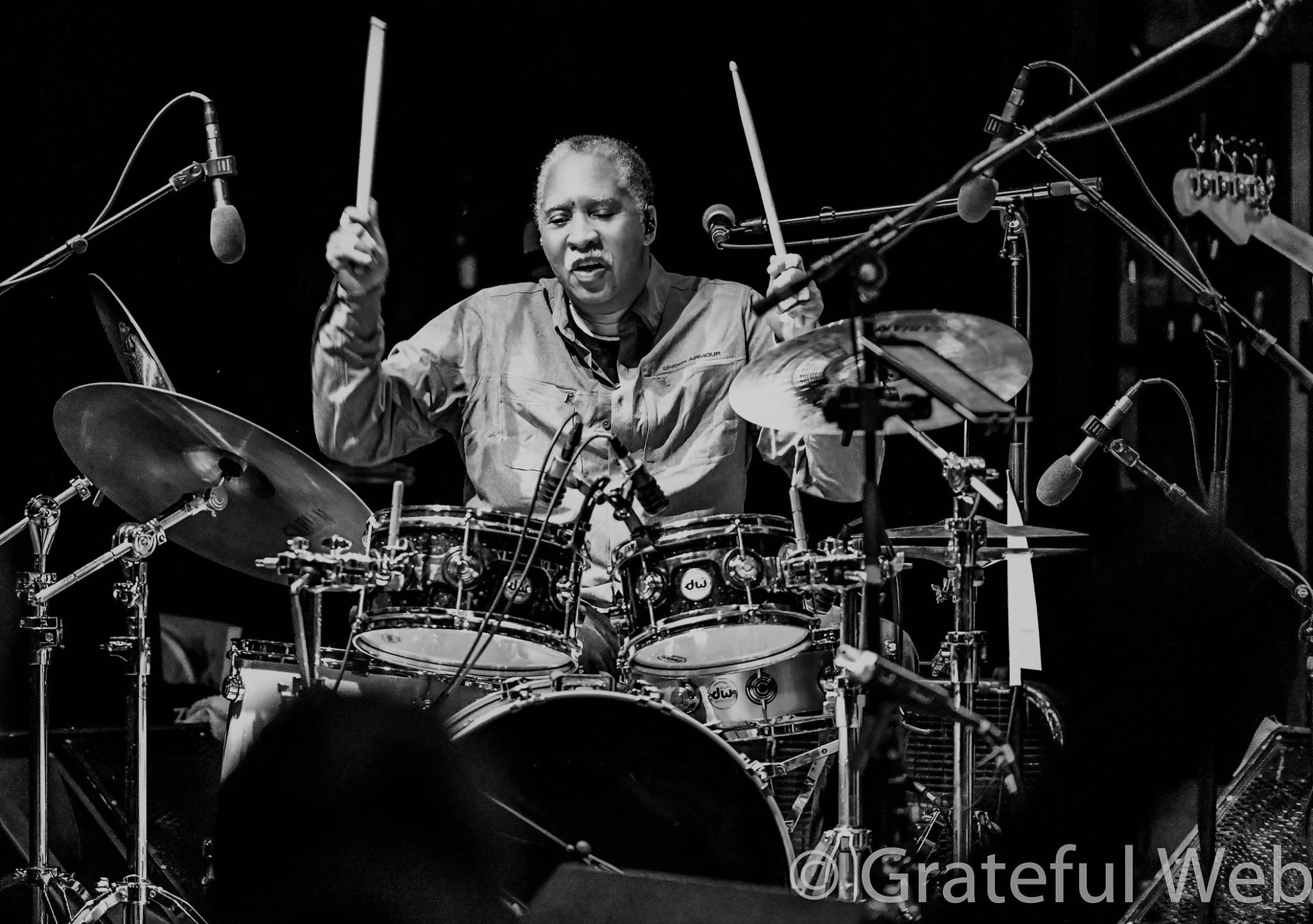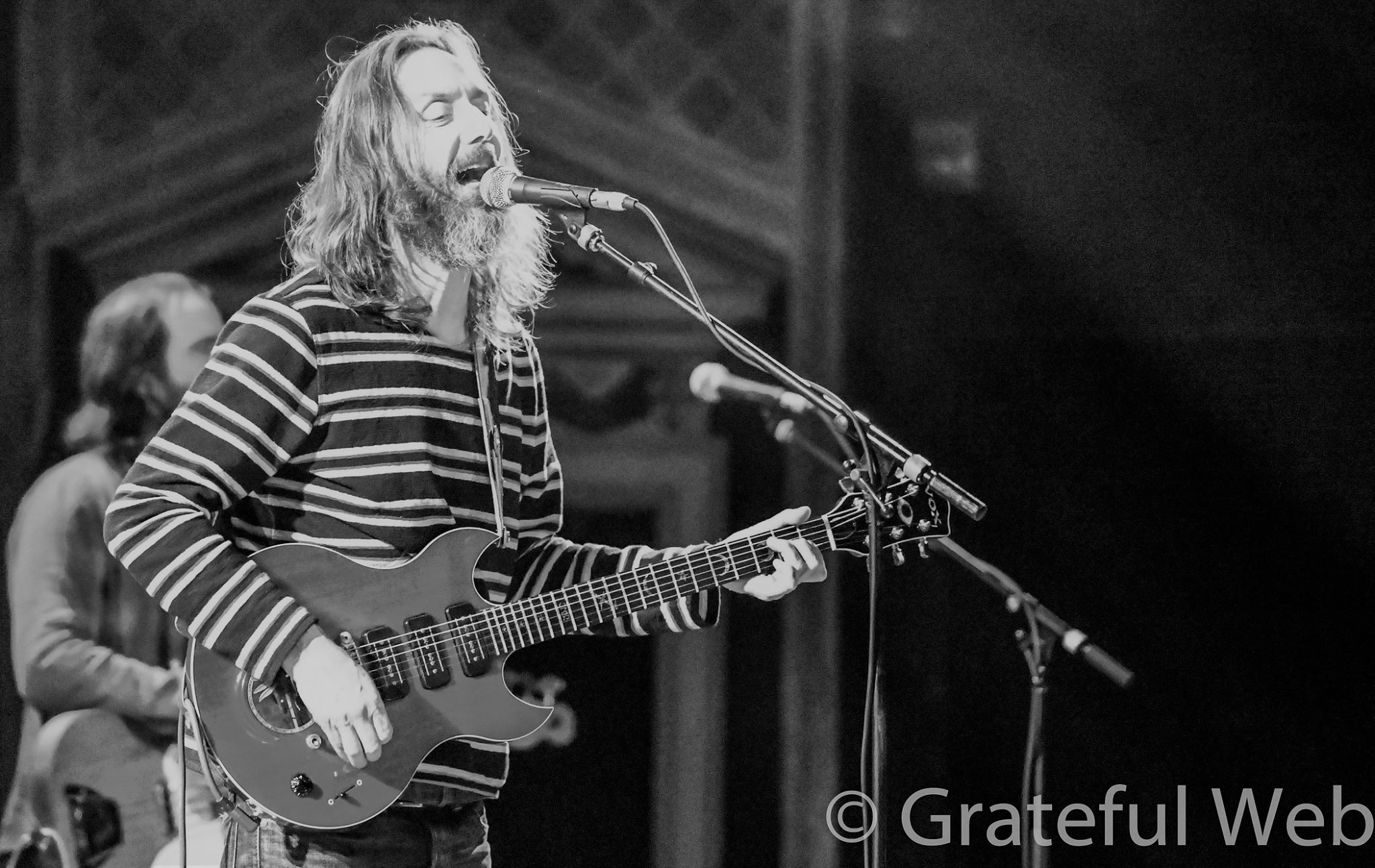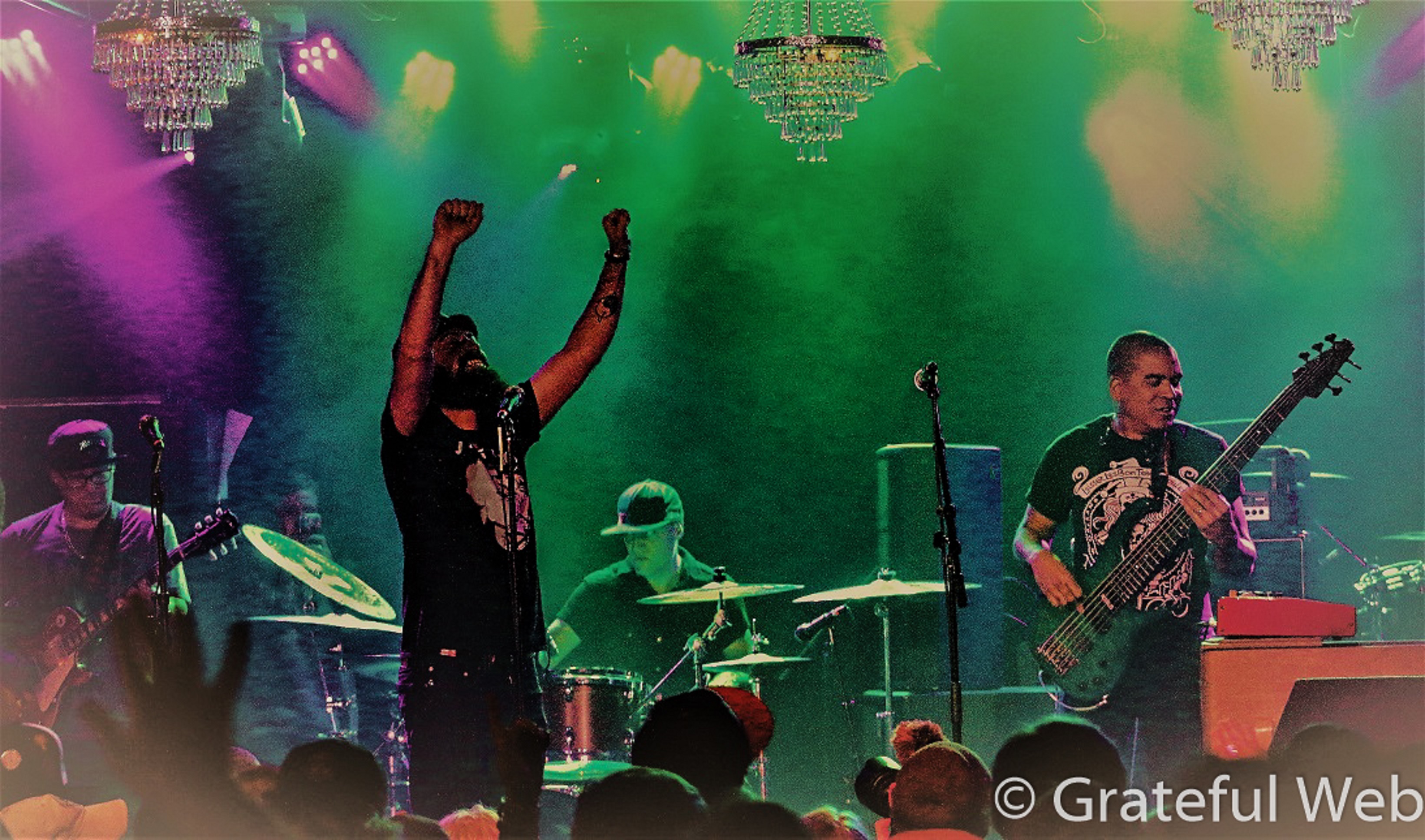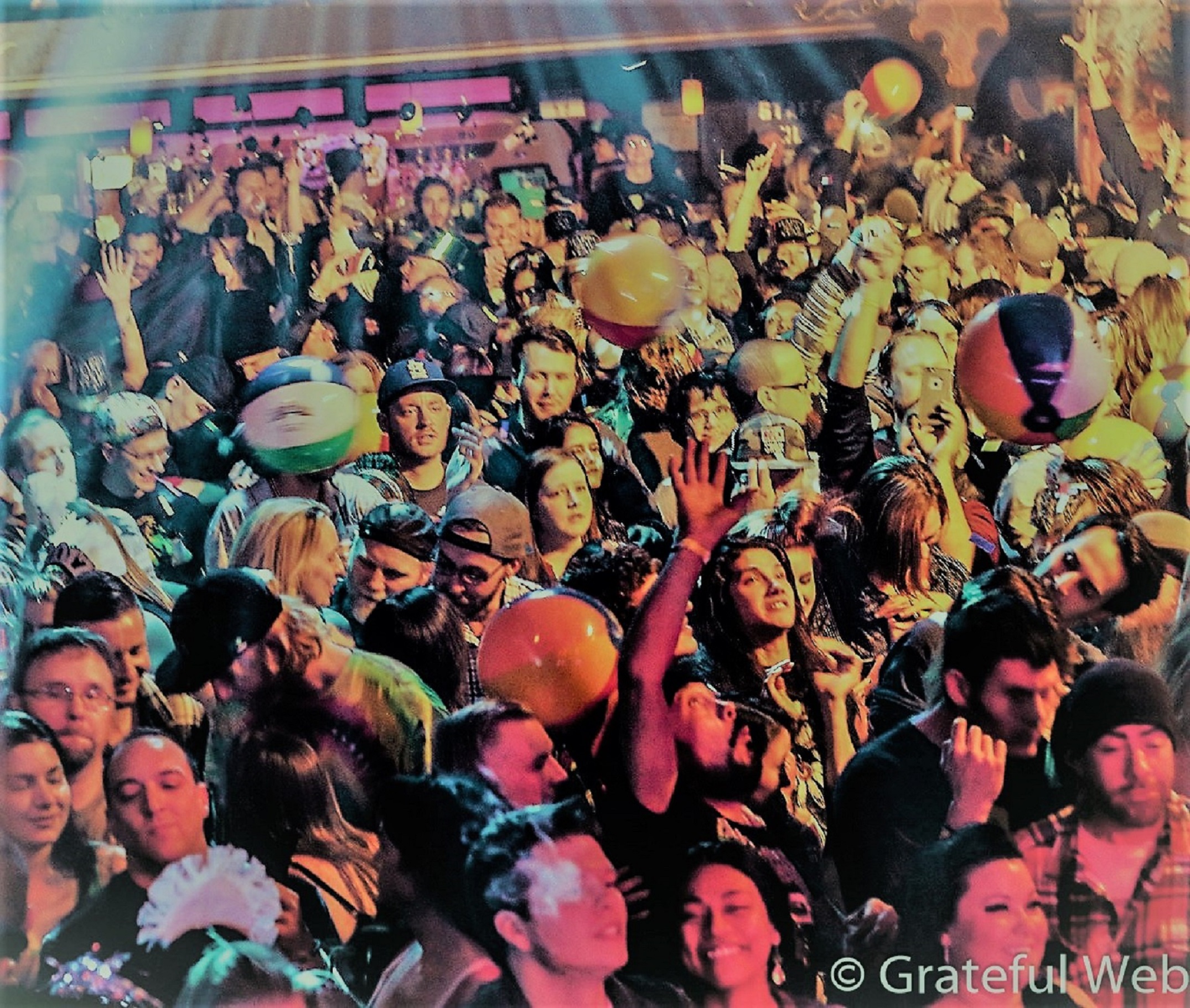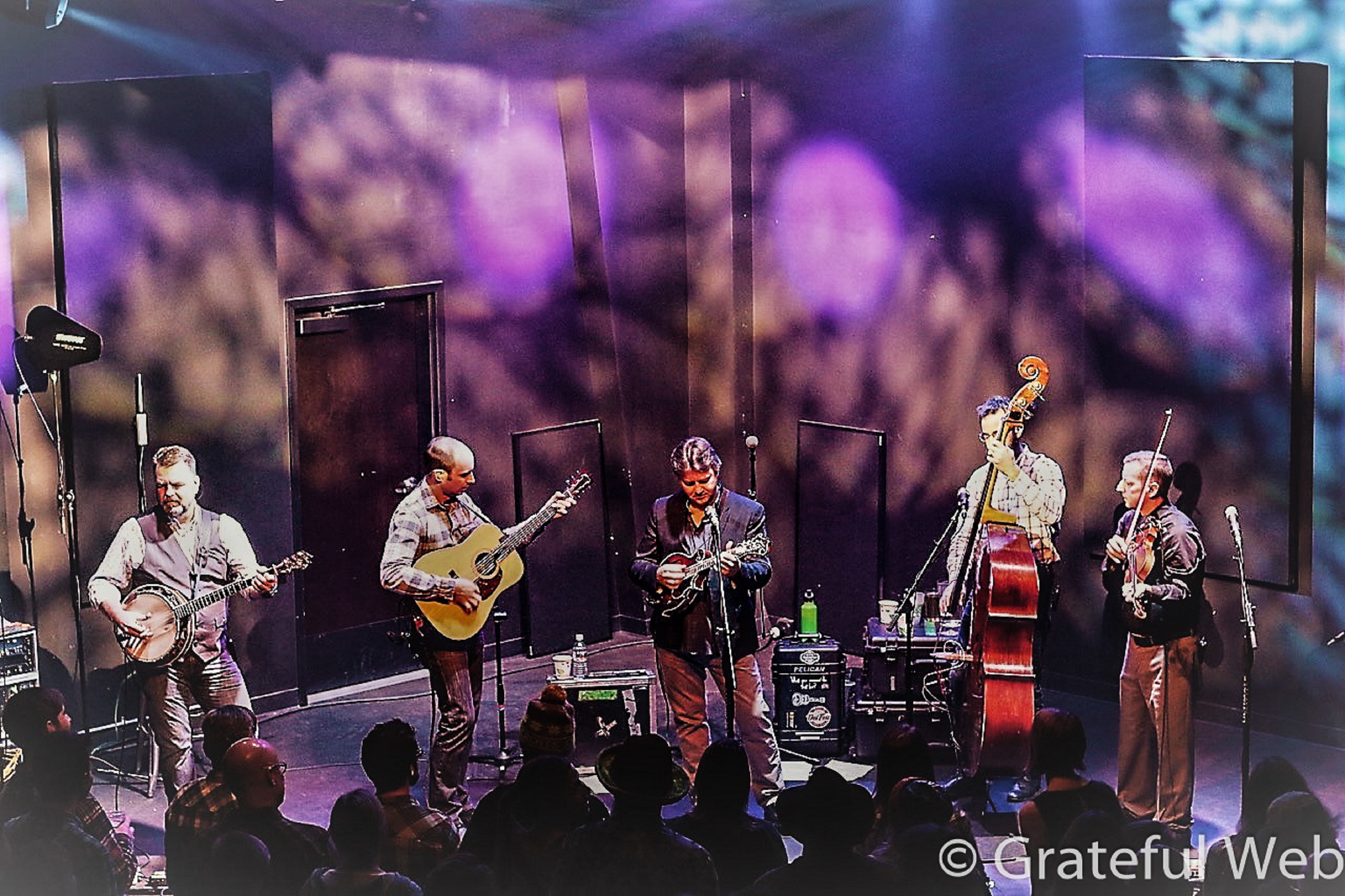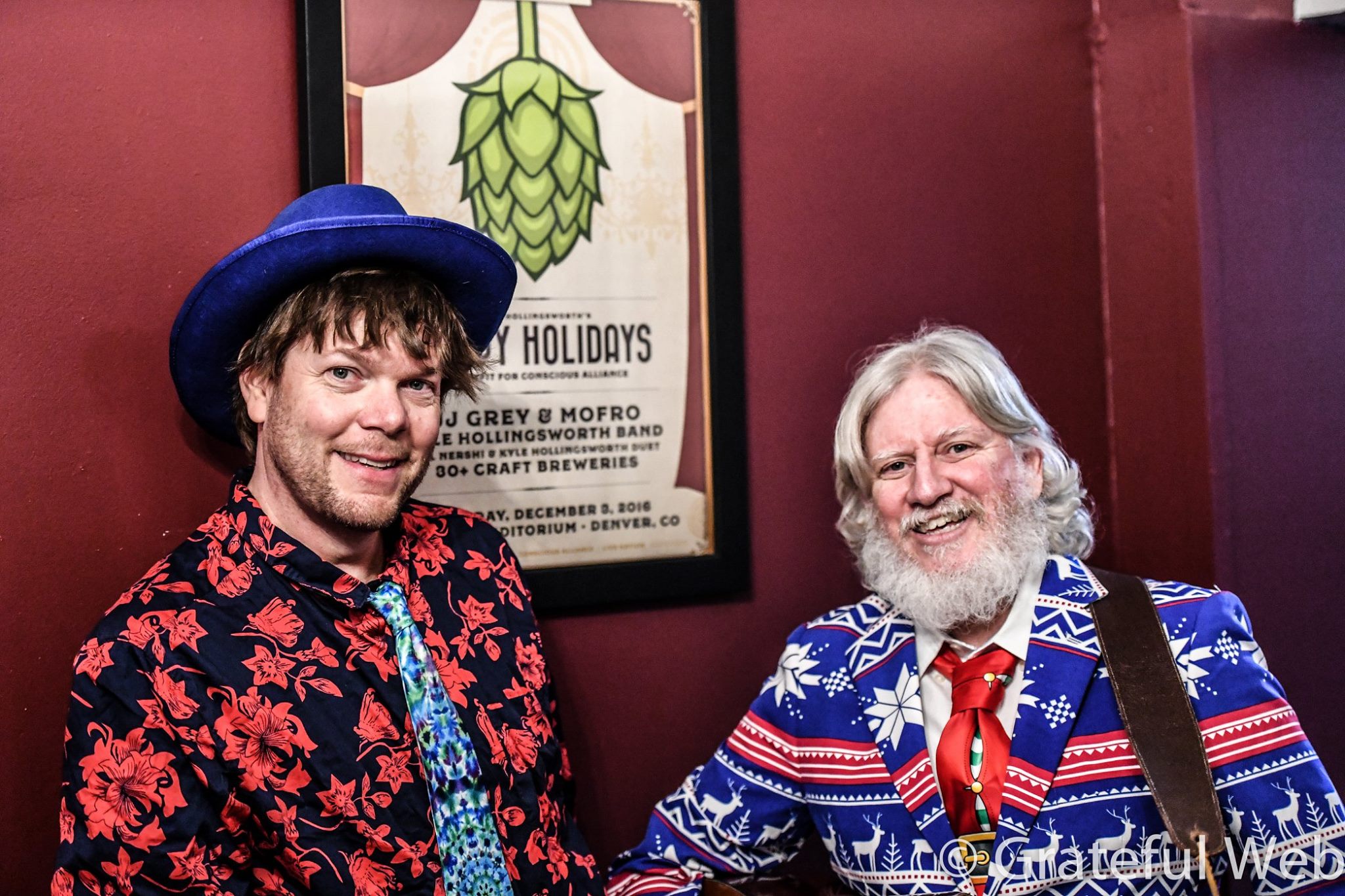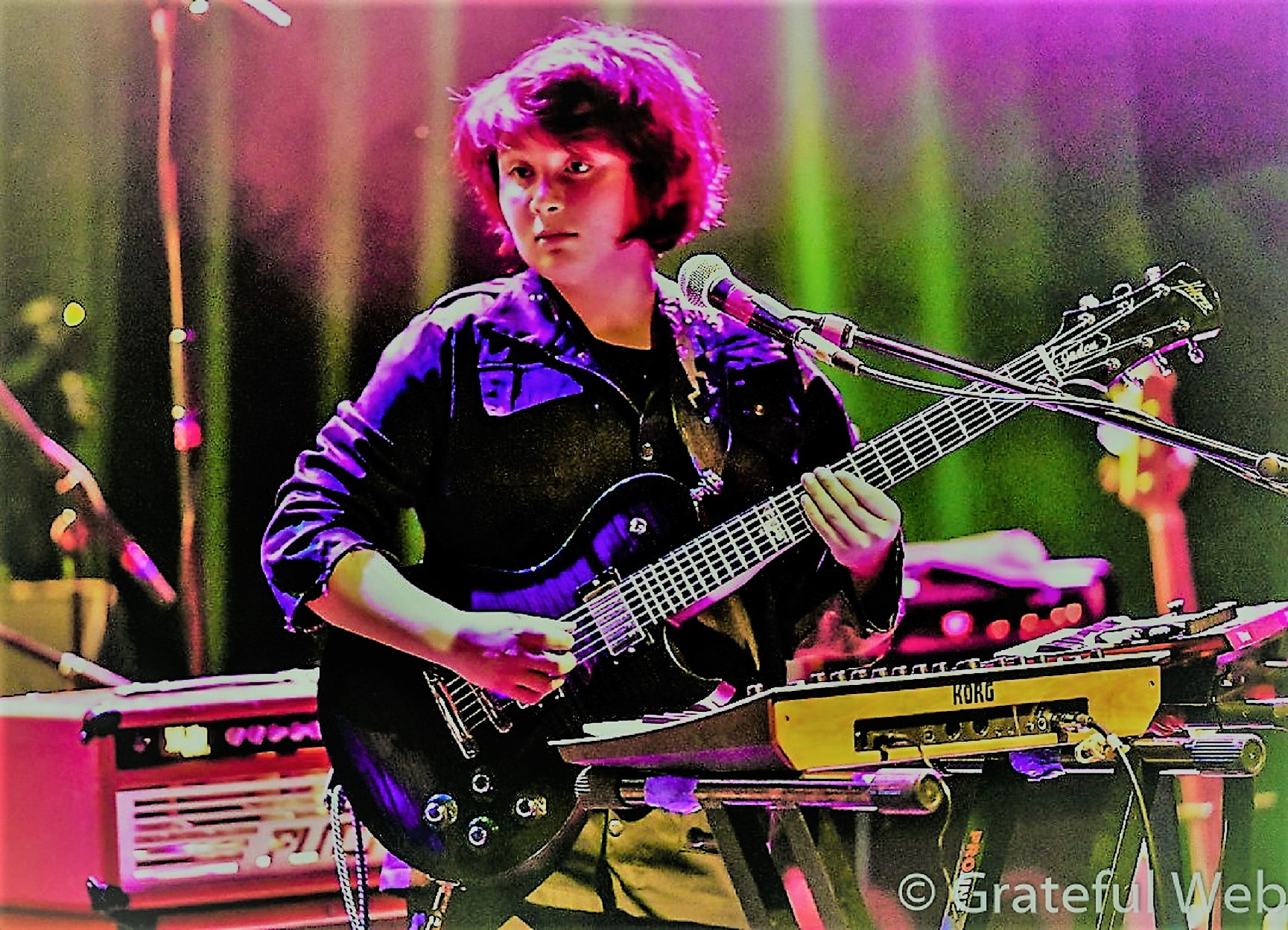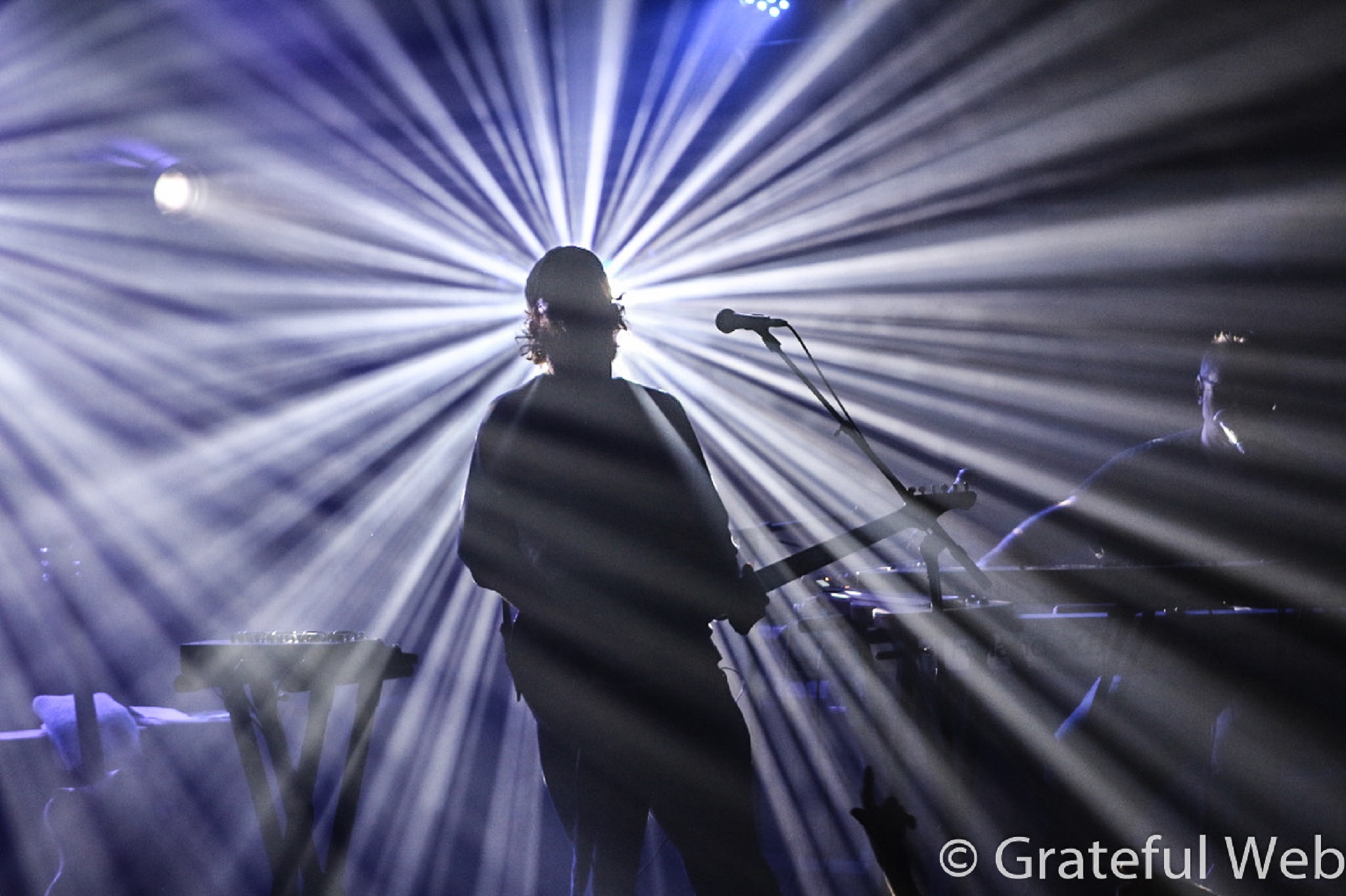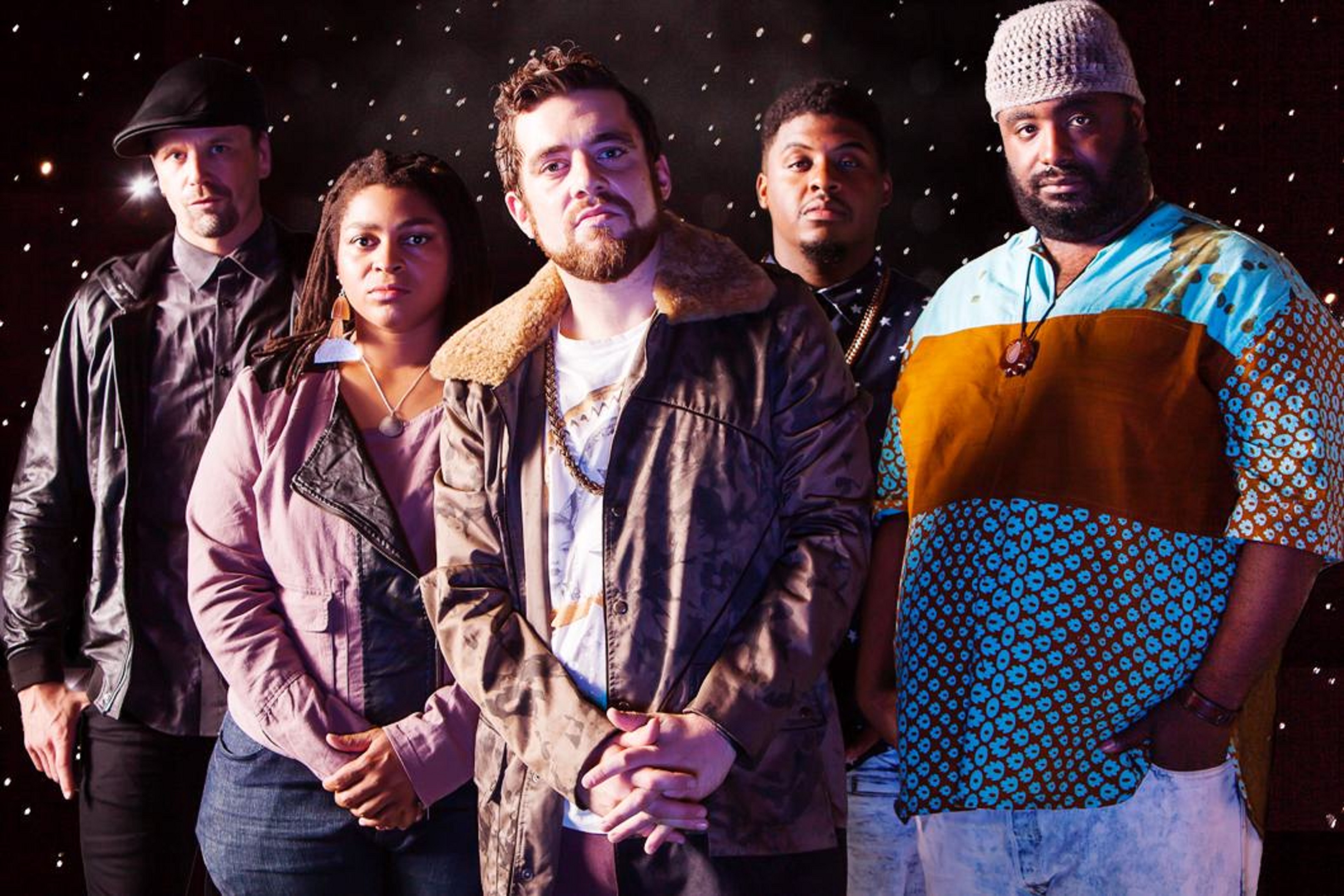Despite their emergence in the mid-sixties at the height of the counterculture era, the Grateful Dead were never considered an overtly political act. While no friend to the corporate establishment or a cog in the government machine, the band left the protest songs to musicians such as Bob Dylan. That’s not to say that their lyrics don’t touch on the thematic landscape of America’s political woes, but like poetry (and beauty), interpretation is in the eye of the beholder.
Wednesday night at Jiffy Lube Live in Bristow, Virginia, Dead & Company roared through two sets of tunes fixated on death and poetic justice. You couldn’t help but sniff the subtle jabs to the establishment in the shadows of our nation’s capital.
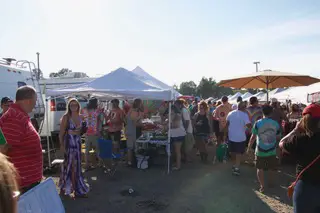
A brutally hot afternoon on Shakedown Street-the carnival-like shantytown of vendors hawking everything from tie-dye shirts to garlic salt dusted grilled cheese-saw crowds in high spirits with sweat-soaked clothing but spirits not dampened.
As the sun dipped behind the high arching pavilion, shielding the massive grass lawn from the never-ending heat, the band took the stage and lit into “Shakedown Street.” With the crowd singing along to imagery of darkness swallowing a once prosperous and possibly metaphorical town, it was hard not to decipher a deteriorating political landscape twenty miles down the road.
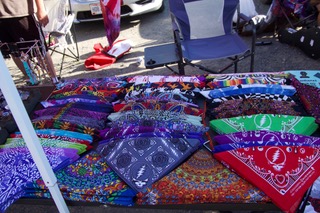
The set continued to dive into the Dead’s American songbook, with a fully integrated John Mayer taking the reins of the fantasy-laden “Dire Wolf” before Bob Weir revved into “Hell in a Bucket,” another ode to crumbling societal norms that feels as proper now as it did in the late eighties.
While the band’s pace can be called into question, especially the off-tempo “Bertha,” the band chugged along and lost no momentum as Weir strapped on his acoustic guitar for a bouncy “Friend of the Devil.” The acoustic fit right into the electric madness and perfected the sweet yet sad ballad of “Peggy-O,” our second foray into the imaginary word of Robert Hunter’s Fennario.
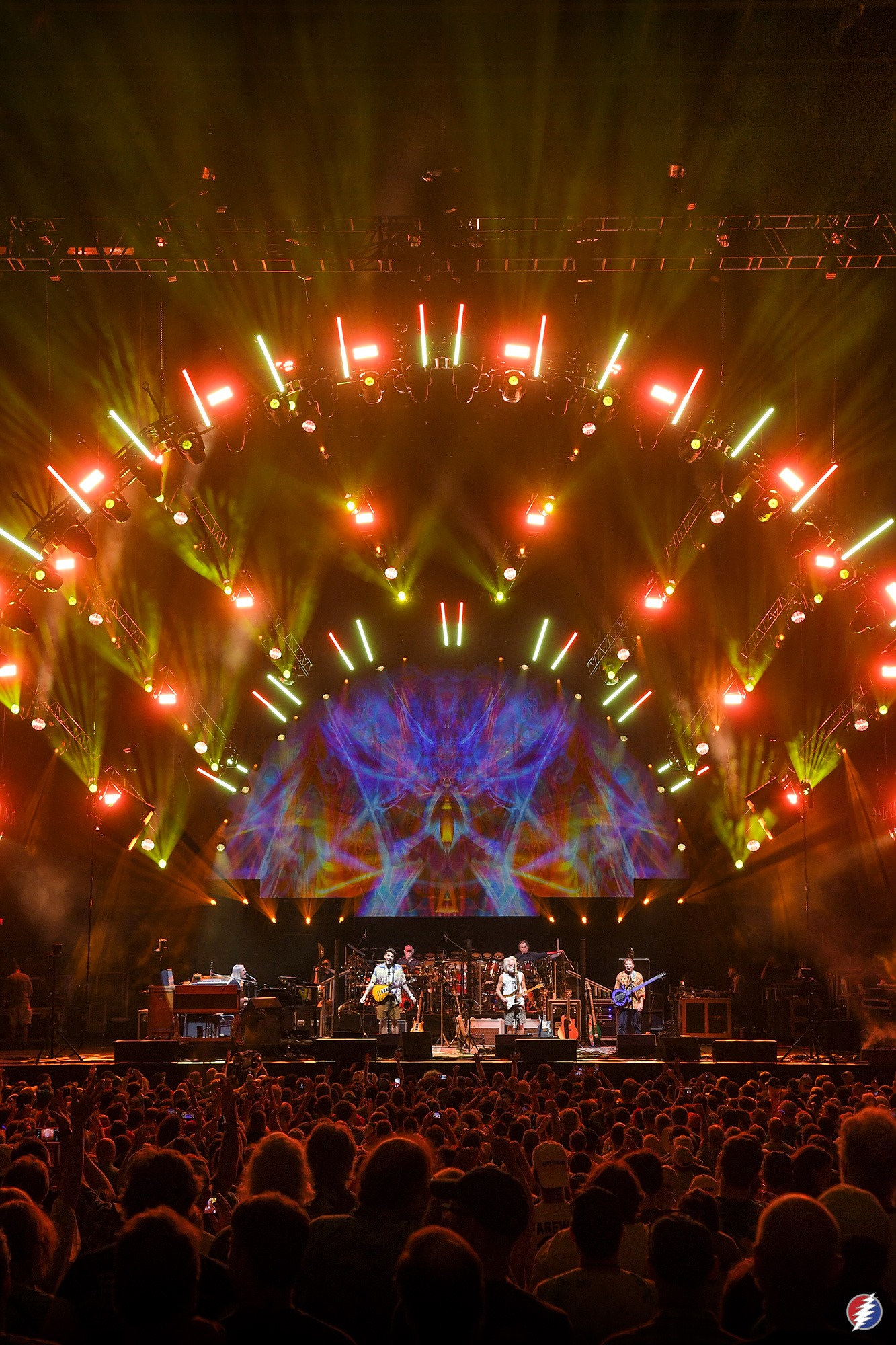
An amazing jam between Mayer and pianist Jeff Chimenti rocketed “Cumberland Blues” into the stratosphere, before Weir howled his not so subtle stab at political ethos in “Throwing Stones” to conclude the first set. Bob’s voice-and frame-emanated through the amphitheater with unbridled strength as he emphasized each syllable and put a bow on the set with the mention of “the darkness never goes from some men’s eyes,” bookending what he started in the set opening “Shakedown Street.”
While the first set played with themes of death and politics, the second set embodied them. After warming up with “Here Comes Sunshine,” they launched into the always-exploratory vehicle of “Playing in the Band” before drifting into “China Doll,” dourly known as the suicide song. Everybody has their opinions when it comes to Grateful Dead songs and setlists, but I would have preferred they hold onto that downer until the post-drums/space segment of the show, if at all (and I know I’ll take plenty of flak for that). Oteil Burbridge did get his chance his chance to shine on vocals, so there was upside.
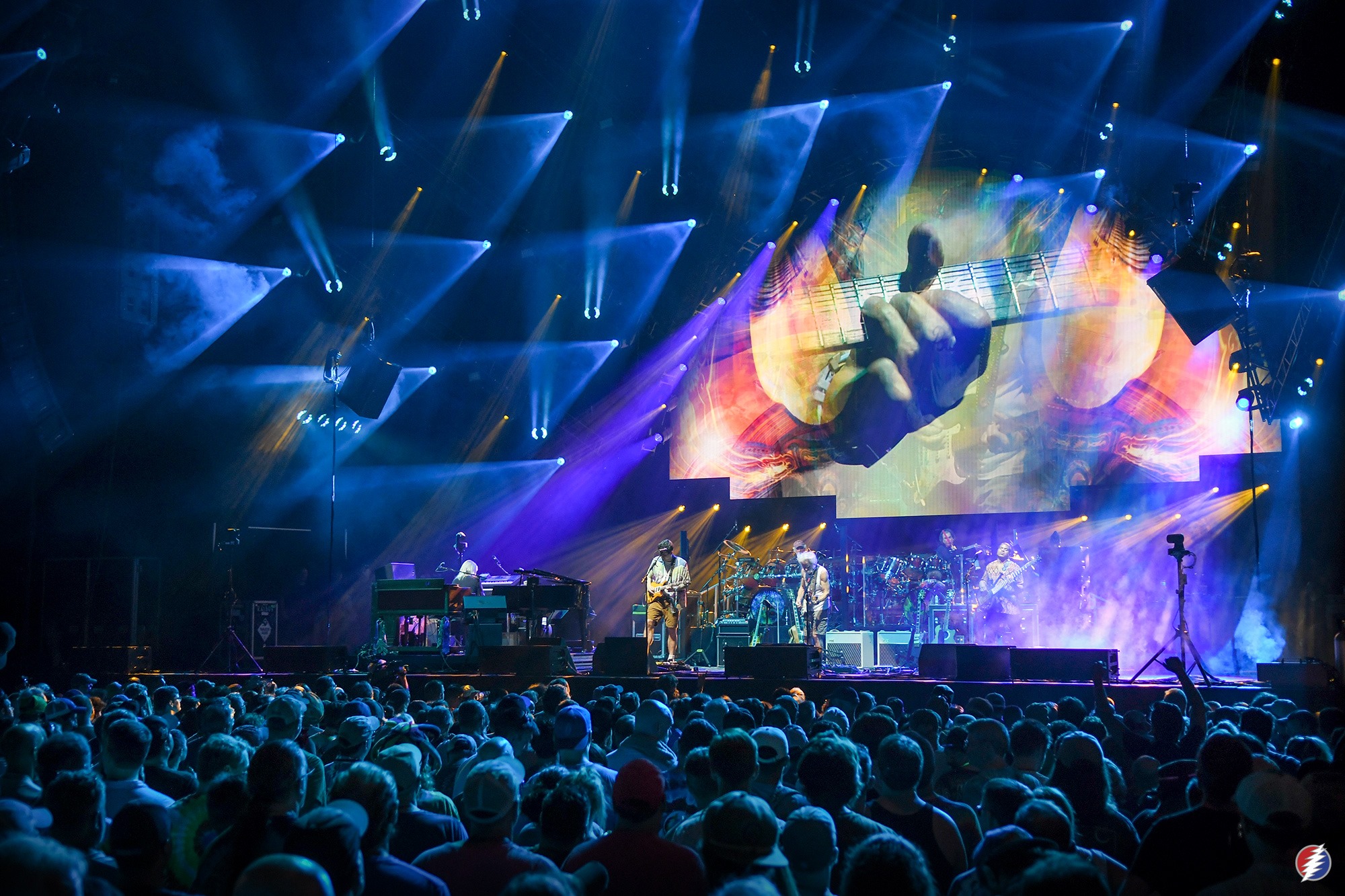
“China Cat Sunflower” and “I Know You Rider” got the crowd moving again just in time for the previously mentioned Drums/Space segment of the show, and the darkness came full bore with “New Speedway Boogie,” a song written about the atrocities at Altamont and the death of the hippie “movement.” “One way or another, this darkness got to give.” It all seems so relevant, even today.
“A Hard Rain’s Gonna Fall,” written by the political folk maestro himself, Bob Dylan, stole the show for me. Grateful Dead shows have always had a place for Dylan tunes, and this stunning performance had Bobby going full prophet with the crowd hanging onto every word embodying dark swings of emotion in a dark period for American culture. To a fan that came into the scene on RatDog, this was full circle to me, and also fairly relevant, if you choose to look at it that way.
One can spend countless hours arguing interpretations of poetry and song lyrics in online message boards and on social media, and the music of the Grateful Dead is no exception. The lyrics to “Throwing Stones” and the set closing “US Blues” don’t shy away from political conventions, and the rest of the material played Wednesday night could be seen through the same lens. Grateful Dead music means different things to different people. And a song can change in meaning to an individual over time, much like the old adage that no one song is ever played the same way.
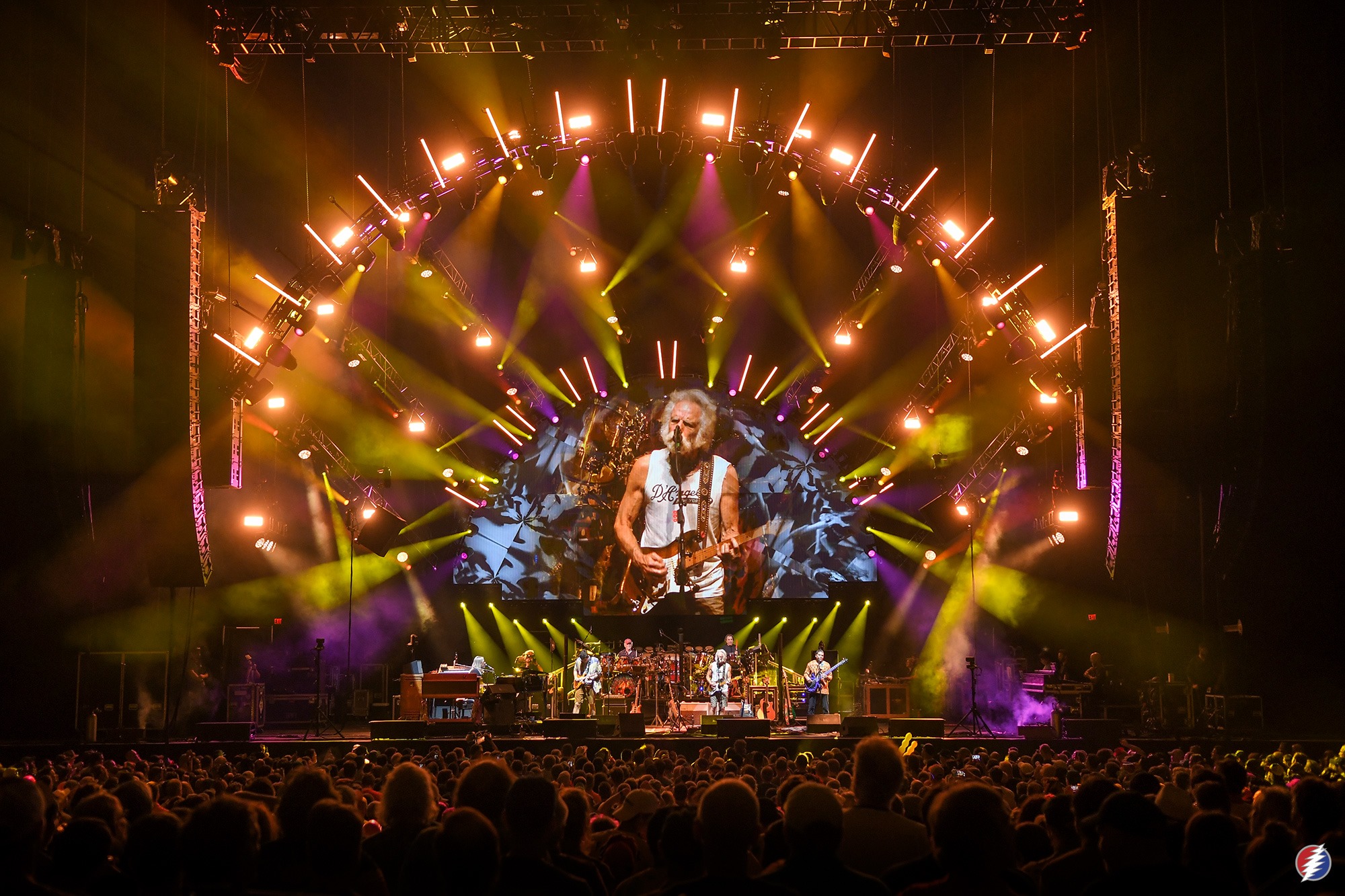
If there’s one snippet to take away from Dead & Company, it’s that they’re rallying to make America grateful again.





